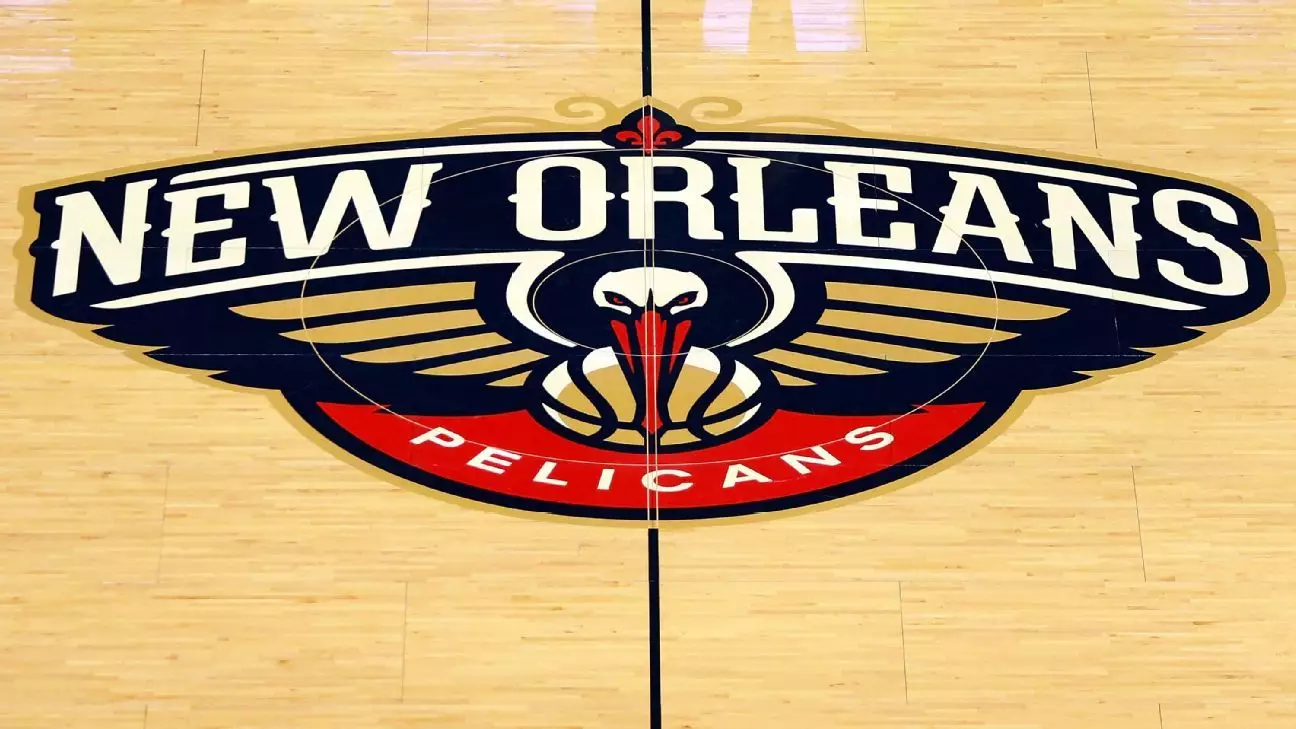As the New Year dawned, so did a moment of unimaginable horror for residents of New Orleans and beyond. Willie Green, head coach of the New Orleans Pelicans, received a shocking text message from his father that combined a heartfelt celebration of the New Year with a solemn prayer for the city he calls home. This juxtaposition of joy and sorrow embodied the emotional confusion that many felt after learning of a tragic event that left 15 dead and numerous others injured in the heart of the French Quarter. A senseless act of violence, perpetrated by a lone individual, shattered the festive atmosphere, replacing it with grief and fear.
Green’s words, full of devastation, implore us to reflect on the precariousness of safety in modern society. Anyone who has felt the weight of loss or fear can understand his sentiment. “It’s devastating,” he said, emphasizing the unpredictability that surrounds daily life. The Pelicans, after arriving in Miami for a scheduled game, had their focus split, struggling to reconcile their professional obligations with the catastrophic news hitting their hometown. This scenario reveals the intersection of sports and community—a reflection of the emotional investment athletes and coaches have in the places they represent.
Green further articulated a growing malaise in contemporary society: the pervasive uncertainty of safety in spaces that are meant to be joyful and communal. “You just don’t know where you’re safe,” he lamented. This sentiment resonates deeply with countless individuals who question their security in schools, churches, concerts, and even bustling nightlife districts. The description of Bourbon Street—a locale renowned for its celebration of life—stands in stark contrast to the final moments of 15 innocent lives lost in shockingly violent circumstances. The juxtaposition creates a powerful statement about the fragility of joy in a world that sometimes feels cruelly unpredictable.
As the Pelicans prepared to play the Washington Wizards days later, the emotional weight of their tragic encounter lingered. The implications of this tragedy extended beyond New Orleans; as the collegiate Sugar Bowl was postponed to honor the victims, it became evident that this violence touched a wider audience, prompting a collective period of reflection across sports communities.
In a show of solidarity, the Miami Heat, the Pelicans’ opponents that evening, also paid tribute to the victims of the New Orleans attack. Coach Erik Spoelstra spoke candidly about the shock that gripped their team when they learned of the tragedy. “It’s terrifying,” he noted, echoing the sentiment shared by many who felt vulnerable after the news broke. This emotional response from individuals within the sports community signifies the shared humanity that transcends competition, demonstrating that even those who are rivals can come together in times of crisis.
Moreover, the pregame moment of silence held to honor the fallen offered a poignant reminder of the ongoing impact violence wreaks on communities. The sports arena, which often serves as a haven for entertainment, became a backdrop for shared sorrow, drawing attention to the real-world consequences of the chaos we sometimes overlook amid the thrill of victory and defeat.
As play-by-play announcer Joel Meyers and analyst Antonio Daniels vocalized their grief on air, they invited viewers to share in the collective anguish felt by many. Their reflections on Bourbon Street as a representation of joy underscore a vital truth: the spaces we occupy and cherish are as important to our identities as the events themselves. Daniels pointed out that places designed for celebration should never become crime scenes, intensifying the message that we must collectively work towards ensuring safety and peace within our communities.
The violence that brands our headlines must serve as a clarion call for awareness and change. As communities grapple with the aftermath of senseless acts, empathy must prevail in our dialogues and actions to foster environments of hope and support. It is imperative to remember those affected and to advocate against a backdrop of fear. Through shared mourning and the reaffirmation of joy in spaces that celebrate life, we can shape a world where such tragedies become relics of the past rather than stains on our future.

